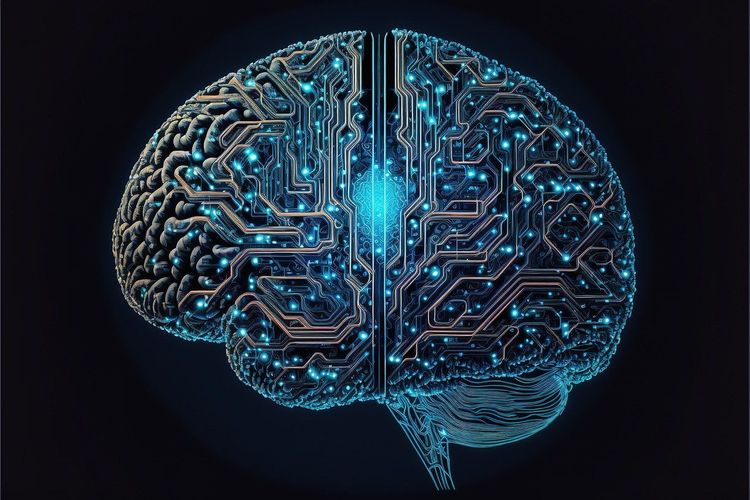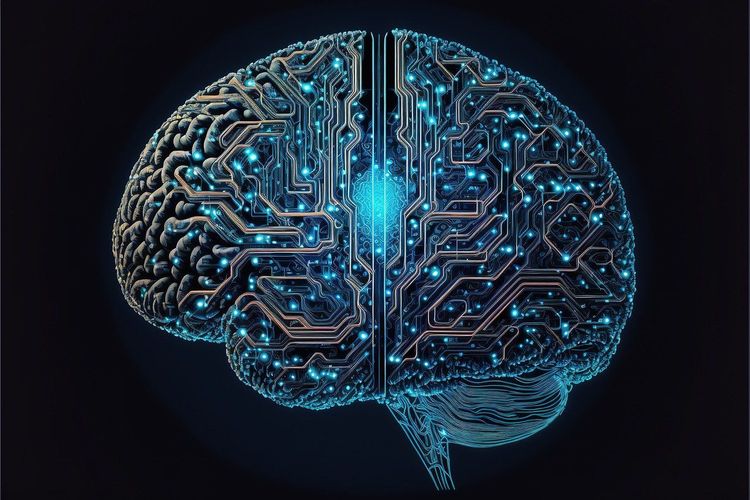In a playful response to last year's viral video that compiled every instance of "AI" mentioned at the Google I/O keynotes, CEO Sundar Pichai decided to switch things up this year.
As he wrapped up this year’s keynote, Pichai showcased Google’s latest Gemini AI model. With a smile, he challenged Gemini to analyze the keynote transcript and tally the occurrences of "AI." The outcome? An impressive 120 mentions, highlighting Google’s strong commitment to artificial intelligence.
Are You Ready for AI Agents?
The announcements from this year's Google I/O were indeed remarkable. Google is positioning Gemini as a direct competitor to OpenAI and Microsoft by integrating it across various products.
What Google Unveiled at I/O
Attending the conference revealed much more than just a glimpse of an electric DeLorean. From introducing Astra, a multimodal AI tool, to integrating Gemini across search, photos, and personal assistants, Google is solidifying its stance in the AI landscape.
The diverse applications of Gemini—from the lightweight Gemini Nano to the robust Gemini 1.5 Pro and Flash—underscore Google's ambitious vision. Initiatives like AI Agents and the new Gemini app aim to weave AI seamlessly into daily digital experiences, emphasizing Google’s strategy to outpace its competitors.
Reflecting on Keynotes Past
After the keynotes, I found myself in various labs and breakout sessions, experiencing a wave of cognitive dissonance. I was transported back to a defining moment in tech history—2006, when Microsoft CEO Steve Ballmer fervently chanted "developers" to rally the crowd, illustrating that the battle was for developers' hearts and minds.
Is Google Fighting the Wrong Battle?
Many developers at Google I/O seemed confused or overwhelmed, highlighting a disconnect in Google’s approach. The reality is that developers create the applications, harnessing the tools that dictate the winners in the AI race. Microsoft holds an edge in engaging enterprise developers, who play a pivotal role in determining success.
Microsoft, through partnerships with OpenAI, is steadily focusing on enhancing developer experiences. OpenAI provides intuitive APIs and extensive documentation, while Meta is leveraging its open-source Llama 3, promoting developer-friendliness.
Google’s previous missteps in fostering developer traction are evident. Despite a decade-long investment of $45 billion, Google Cloud only holds an 11% market share, trailing behind Amazon Web Services at 31% and Microsoft Azure at 25%. Google’s initial lead in AI has dissipated as Microsoft capitalizes on developer relationships.
Can Google Reclaim Developer Interest?
Will this renewed focus on AI finally enable Google to capture developers? After attending relevant lab sessions, I posed this question to developers in attendance.
One insightful participant, Layla Bouzoubaa, a doctoral candidate at Drexel University, noted, “Impressed is a strong word. Learning to use Gemini within Google Colab seems a bit intimidating compared to OpenAI's straightforward process.” Despite the challenges, there are glimpses of opportunity for Google, particularly with its recent acquisition of OpenAI's former developer advocate, Logan Kilpatrick.
Meanwhile, developers like April Johnson from Extensis pointed out their enthusiasm for Google tools: “Microsoft is doing fantastic things, but Google stands out for tackling deeper AI problems.”
Others, like Nick Bates from Cyber Drive, explained their fascination with leveraging Gemini for machine learning tasks in children’s smartphones.
Microsoft’s Developer Advantage
Leaving Google I/O, the sentiment lingered that Microsoft maintains an upper hand. Its strong ties to the enterprise sector and developer ecosystem—bolstered by its collaboration with OpenAI—position it favorably among developers.
The introduction of Microsoft’s Phi-3 family of small language models showcases its competitive edge in the AI space, offering attractive integration options for developers.
While Google boasts impressive technology, feedback from developers indicates that its AI tools still need to become more accessible. The path to widespread adoption hinges on empowering developers to utilize these innovations comfortably and efficiently.
In this competitive AI landscape, the ultimate victor will likely be determined by which company can effectively engage developers. Currently, Microsoft appears to be the one leading the charge.







